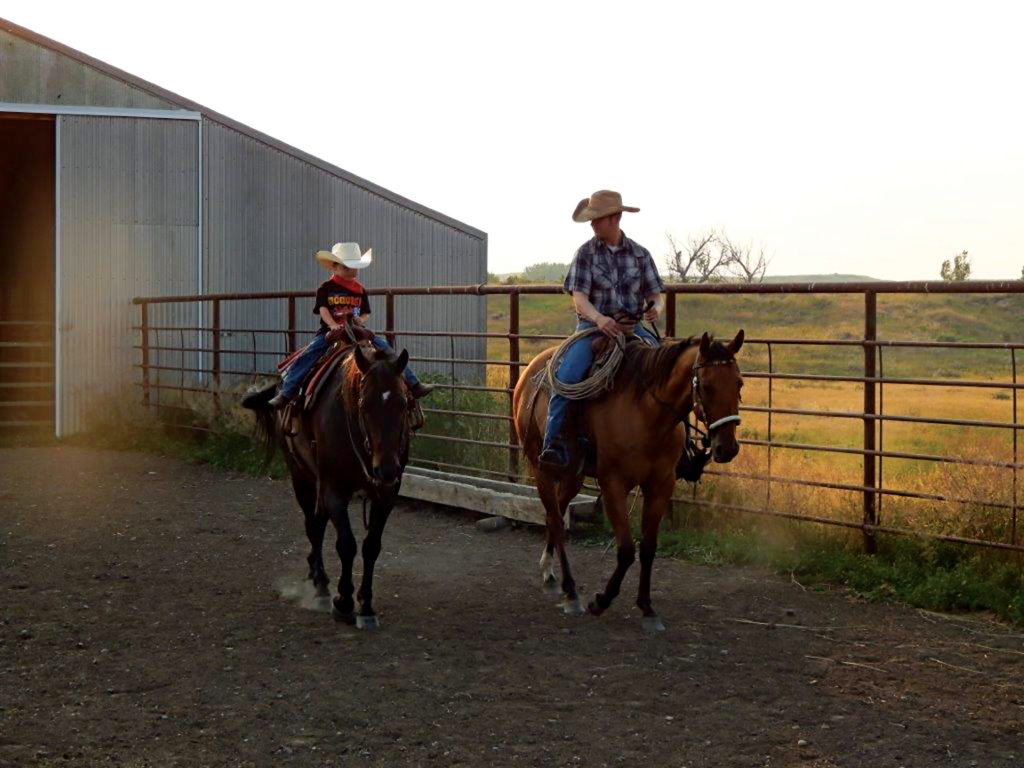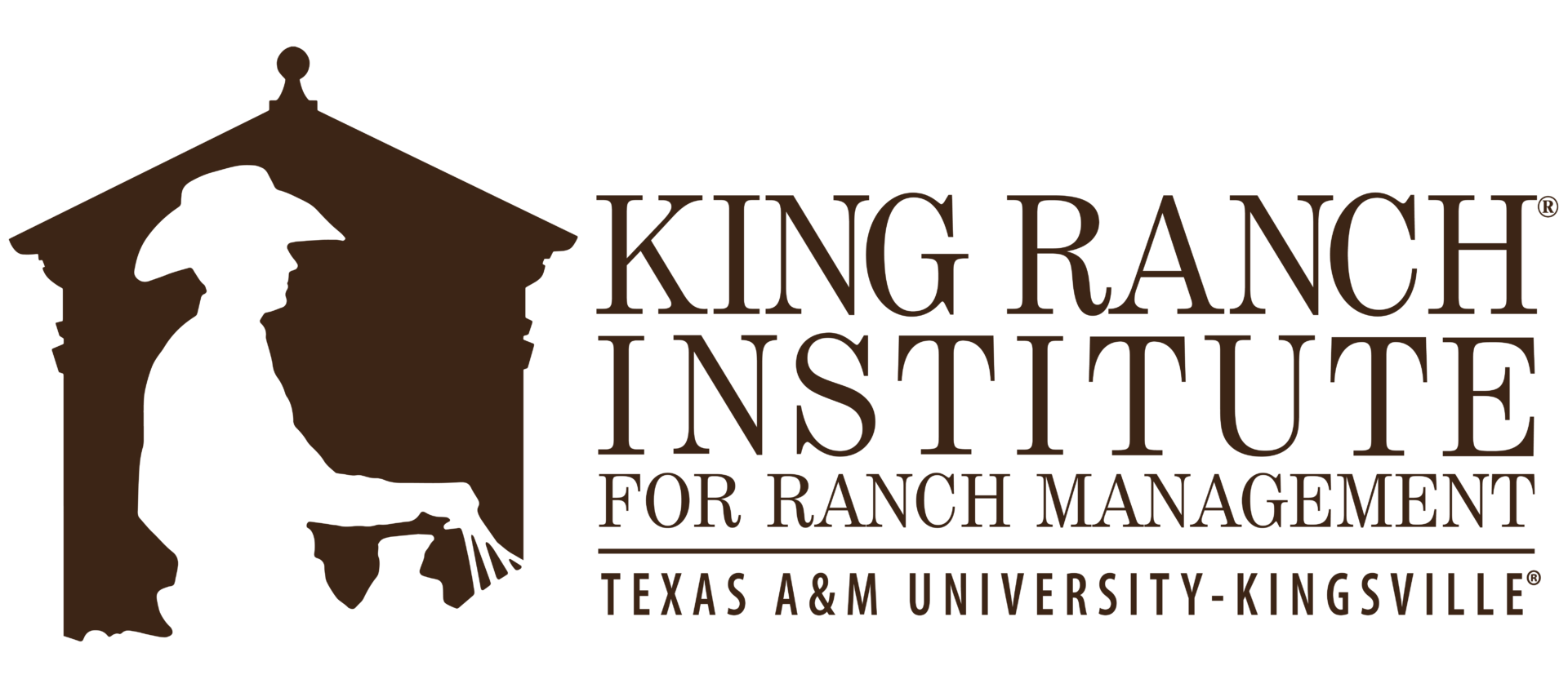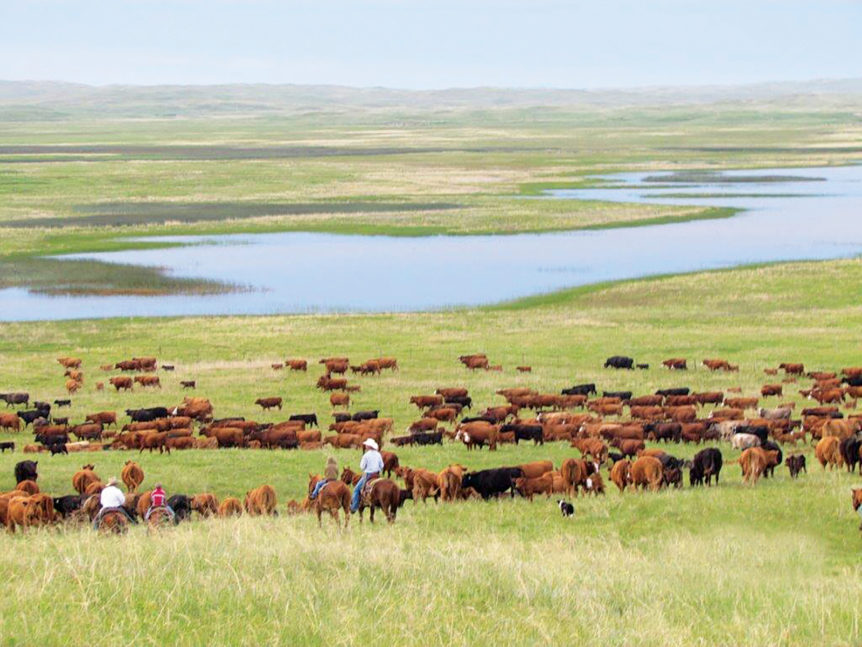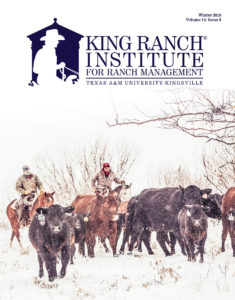The winter 2019 newsletter is now available here. In this issue, we recap last year’s symposium on Horse Program Success on Working Ranches, feature the graduating class of KRIRM ranch management students, and showcase two brothers (alumni of KRIRM) and their roles as ranch managers. The cover photo was taken by Kelli Brown on R.A. Brown Ranch. Keep reading for our first feature, A Family Heritage, to learn more about Austin and Tyrell Anderson, brother who both attended the ranch management graduate program at KRIRM.
A Family Heritage
Anderson brothers grateful for life lessons learned through family and education
Austin and Tyrell Anderson’s path to successful ranching careers took many of the same turns. Their desire to pursue a ranching career was instilled early as young boys working on family ranching operations. Later, both brothers found themselves at a turning point in their careers where they longed for something more—and that something was only attainable with further education. A family tradition was soon started as the brothers attended the King Ranch® Institute for Ranch Management master’s program.
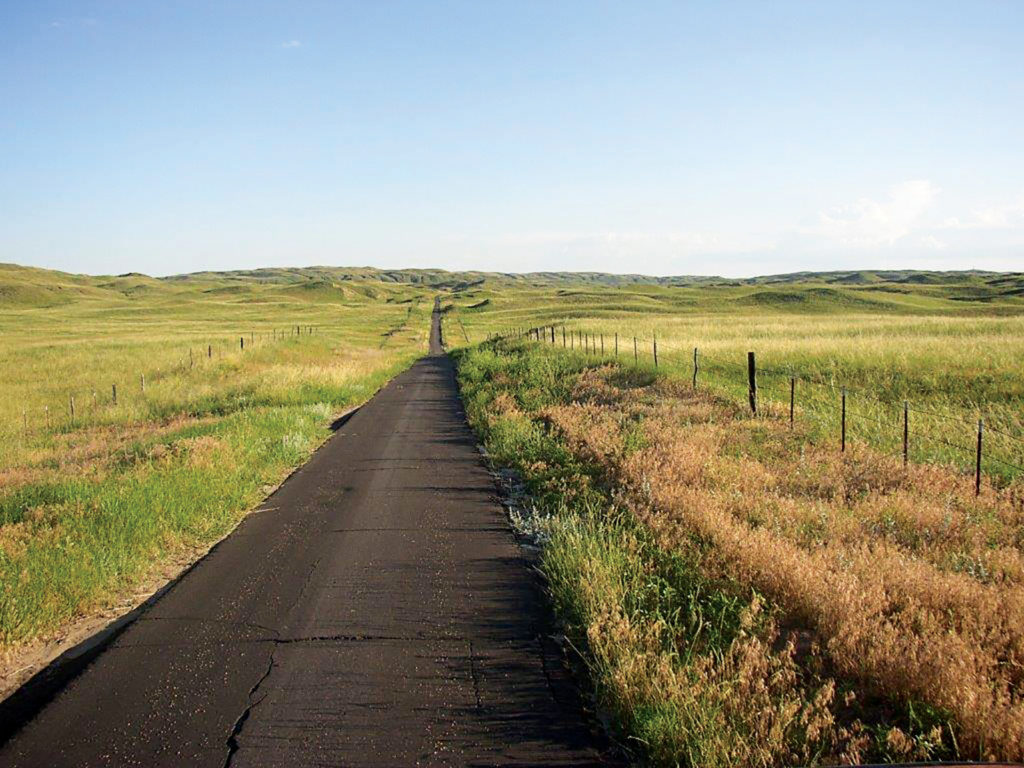
Further Education Becomes Necessary
Like most college graduates, Austin was ready to start working full-time after completing his bachelor’s degree and wasn’t ready to think about more education. He started work on a seed stock operation in Northern Montana keeping the pursuit of a master’s degree in the back of his mind. After learning about the Institute from his parents and hearing his brother-in-law, Les Nunn, tell of his experiences as a student, his interest in the program grew. He realized that advancement opportunities were not available at his current ranch, so he decided to apply. Austin began the program in August of 2007 and enjoyed spending his first year as a student with his sister’s family as Les finished the program.
“Going to the Institute has opened doors for me and is one of the best things I could have done for my career at the time,” he says.
As Les and Austin worked toward their ranch management graduate degrees, Tyrell recalls that he became interested in pursuing the same. After a first attempt to apply to the Institute was unsuccessful, Tyrell began working in central Nevada with his brother, Seth, as an assistant manager. While content for a time, Tyrell soon found himself facing challenges that made him realize education and experience would benefit him greatly. The time seemed right to apply to the Institute again, and Tyrell was accepted. He began the master’s program in August of 2013.
Experience and Education Brings Rewards
Today, the brothers find themselves with prosperous and satisfying ranching careers. Located in the Sandhills of Nebraska near Ashby is Rex Ranch, a cow-calf operation that runs 13,000 mother cows and 3,800 replacement heifers. Austin has served in the capacity of general manager since February of 2018. In his role, he is responsible for all aspects of the operation, which includes strategic planning, livestock production, land management, financial performance, marketing, employee development, wildlife, and more. He operates with 22 employees on the ranch that is divided into 5 operational units with multiple camps on each unit.
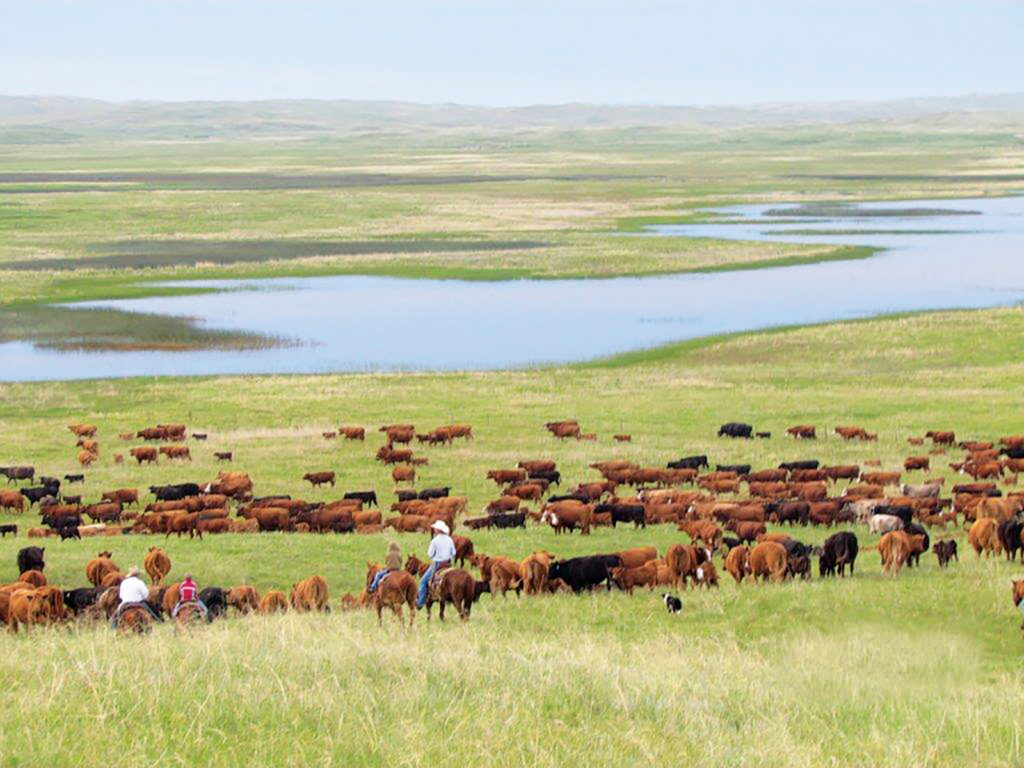
Austin reflects that moving from a front-line employee heavily involved in the day-to-day cowboy work to a manager working behind the scenes and accomplishing the ranch’s goals through other people was a tough transition. But he soon realized the reward in witnessing others’ success.
“Now, I get a lot of satisfaction from helping our employees succeed in what they are doing,” explains Austin. “When they are successful, I am successful. I think that is what I love most about being a manager.”
About 60 miles from Rex Ranch in the southern Nebraska Panhandle is Blue Creek Ranch in Oshkosh managed by Tyrell. Blue Creek Ranch consists roughly of 84,000 acres of Sandhills rangelands running between 3,500 to 3,800 head of bison. Tyrell explains that the bison are typically divided into three herds: the main herd of breeding cows and bulls, the second – a yearling stocker herd of weaned bulls and heifer calves, and the third – another stocker herd of two-year-old heifers and bulls. Tyrell is also responsible for the management of the ranch’s feedlot.
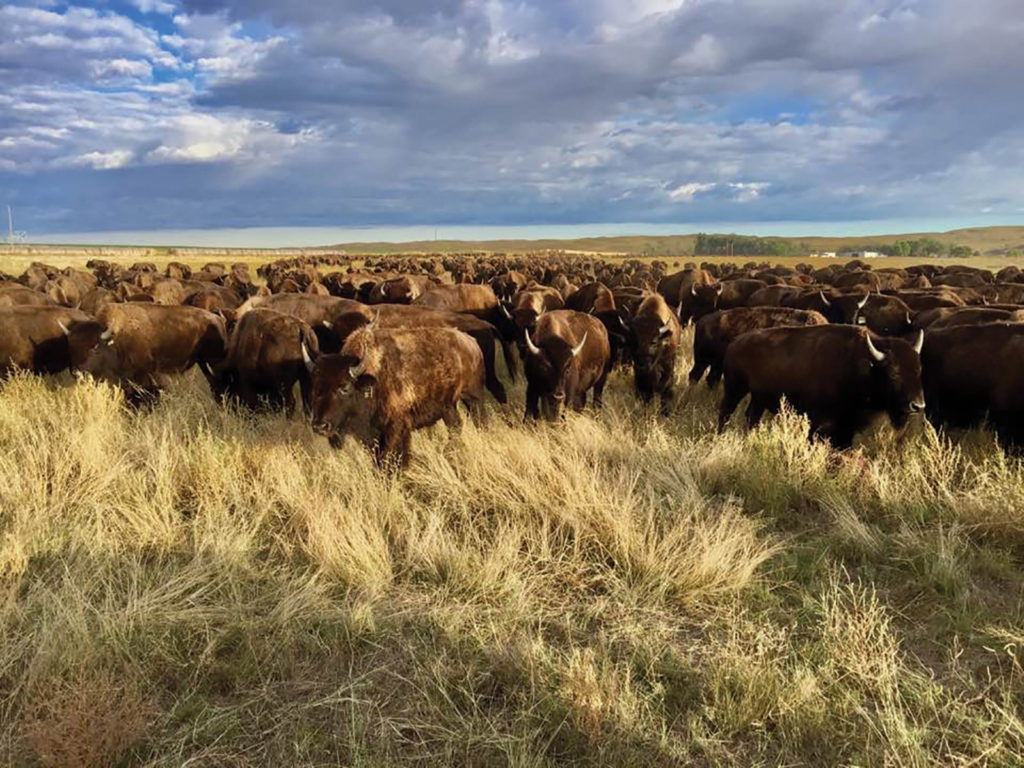
Both Austin and Tyrell express their devotion and love for agriculture started as young boys working on ranches with their father and the rest of the family.
“Ranching is in my blood and is the only thing I ever wanted to do,” says Tyrell.
Austin explains that agriculture and ranching was an important part of his life that taught him some of the most important lessons.
“I attribute a lot of my success and my ability to do my job now to what I learned from my dad as a kid working on the ranch,” says Austin. “You can’t really put that on a resume, but that has prepared me for what I am doing now just as much as anything else I have done.”
Applied Learning and Systems Approach
Both brothers agree that the Institute prepared them in many ways, but it was the applied learning and projects that stood out most.
Tyrell recalls that the project work required him to be stretched beyond his comfort zone, which made all the difference. The opportunity to discuss the project work with other students in a constructive environment, he says, created a powerful educational experience.
He continued to stay out of his comfort zone when he took the manager position at Blue Creek as he had no previous experience managing bison and the team was at a crossroads needing a manager to reestablish trust. Tyrell took the challenge one piece at a time with an open mind, something he says he learned at the institute.
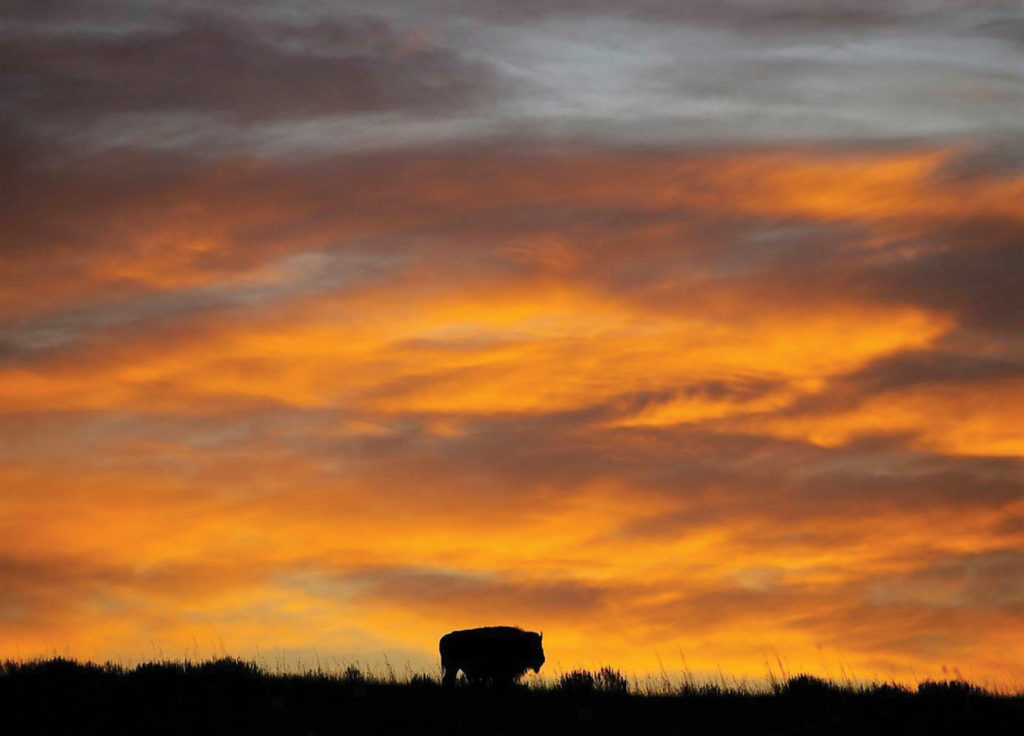
“I found that even though there were many obstacles and difficult challenges in my way, I was prepared for them,” he says. And although the tools and knowledge gained at the Institute helped him, Tyrell says it would not have been possible without the insight and efforts of his ranching team.
Austin believes that the hands-on approach to learning helped him the most as a student and now a manager.
“It wasn’t just about taking classes,” says Austin. “The case studies, group discussions, and lectureships all helped give a context and real life application. The opportunity to apply the concepts that I was learning took it to the next level for me.”
He also realized the importance of networking with other ranching professionals, and left the institute with confidence to build and maintain working relationships. Austin also continues to manage based on the systems approach taught at the Institute. He believes he makes better decisions when he understands that everything is connected in the biological system.
The Family’s Way of Life
The agricultural roots run deep in the Anderson family, and these brothers are proud to play a part.
“I feel blessed to be in the same field as my brother Austin and my whole family. My two brothers, sister and brother-in-law, and my parents are all leaders in the industry,” says Tyrell. “I hope to be able to pass that on to the next Anderson generation and make a difference in our communities.”
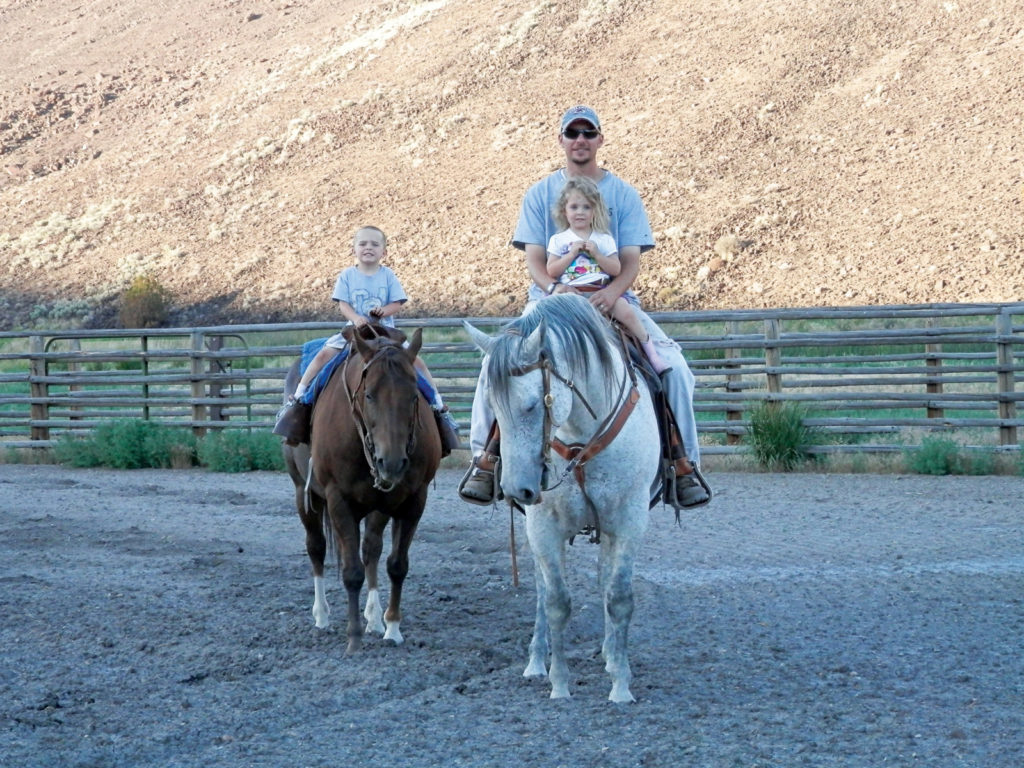
The passion and dedication to ranching will surely continue to be a strong force for the Andersons as Austin explains what it truly means to him: “For me, ranching has been part of my whole life. It’s not really a lifestyle, it’s just life. And I love every aspect of it.”
